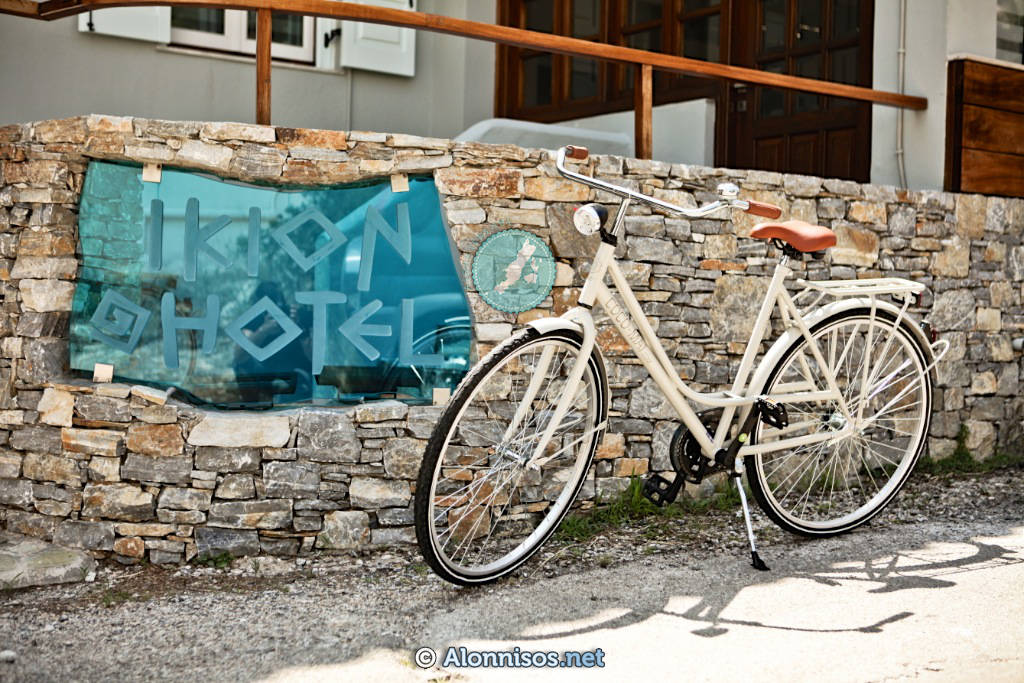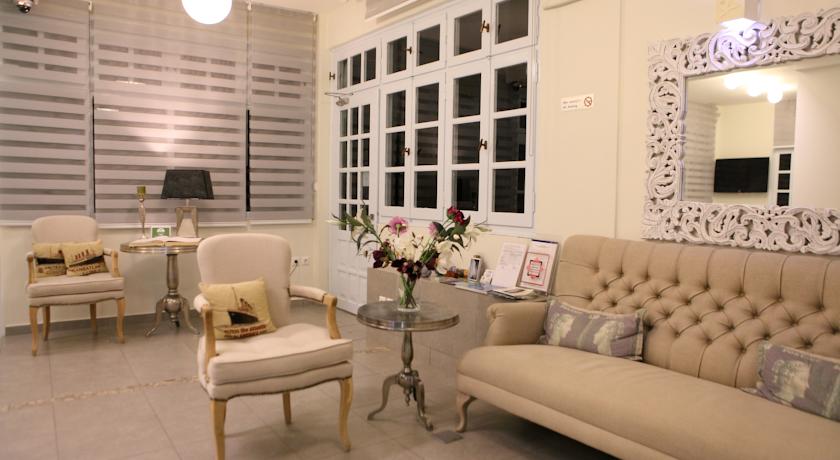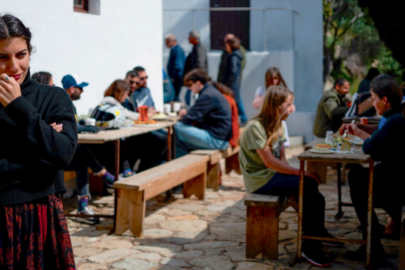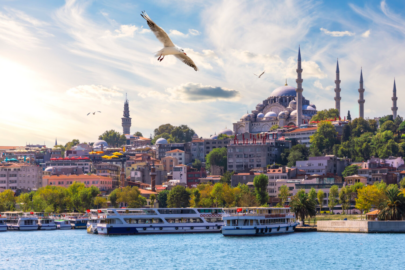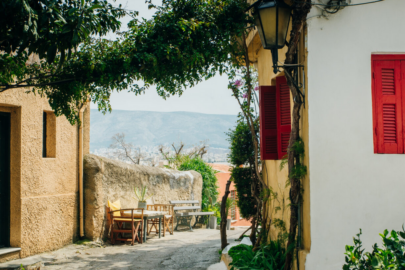Joanna Athanasiou realized that the only way to differentiate her hotel from others on the Greek island of Alonissos was to go green. She refurbished her small property – the Ikion Eco Boutique Hotel – with energy efficient technology and environmental upgrades, then watched the number of guests double. The Evgenikos family did the same with the Nefeli, an upscale four-star property on the island of Skyros, so did the Paliatseas family in the Peloponnese with the charming Anniska and Liakoto hotels, reaping the rewards of green tourism.
As North Americans, Australians and Europeans increasingly seek more sustainable tourism options, they are stumbling across the growing number of Greeks who are wholeheartedly embracing the green model of tourism. Little organizations that offer hiking, biking, diving, birdwatching, caving, sailing, horse riding, mountain climbing and a myriad of eco-friendly options are sprouting all over Greece, as the all-inclusive large hotels of the sun, sea and sand model fall out of favor with the discerning traveler.
“Visitors want to experience the real Greece and revel in its natural beauty” says Dimitris Serifis, founder of Ecotourism-Greece.com, the country’s main portal for sustainable alternative tourism. “It’s been hard to convince the Greek tourism industry about the benefits of going green, but the crisis has made them rethink their strategy and embrace smarter solutions” he says. This trend is being coupled with a marked decrease in prices as a result of the financial crisis, ironically making Greece more popular than ever. In parallel, the newer generation of Greek hospitality employees is not shy to converse in English and is embracing visitors with a much warmer disposition than its complacent predecessors.
“The major difference over the previous model of tourism is that Greece is waking up to its true nature rather than taking tourism for granted,” explains Serifis. “They are slowly evolving to consider the hidden riches of the country as the preferences of travelers become more experience based.” Serifis points out to the mosaic of cultures and ethnicities that are awakening from their once homogenous identity and embracing their idiosyncrasies. Among these are the Arvanites, Gypsies, Pomaks, Sarakatsani, Slavs, Vlachs and others. The colorful Greek Orthodox religion is by far the most dominant in Greece, but the Catholic element in the Cyclades and Ionian islands, as well as the Muslim and Jewish minorities of Northern Greece are all reasserting themselves and their vibrant customs. Today, this patchwork of Greeks and their customs, from winemaking and ceramics to carpet weaving and celebratory dances are all the rage. Old inter-village paths have been cleared of overgrowth to become hiking paths of dedicated trekkers, and the country’s nature reserves, wetlands, organic olive groves, ski slopes and dense forests have added to its famed coasts as natural attractions. In a sense, Greece’s crisis may have been a blessing in disguise for the tourism and hospitality industry. Dimitris Serifis, Joanna Athanasiou and their kin are certain this is the case.


